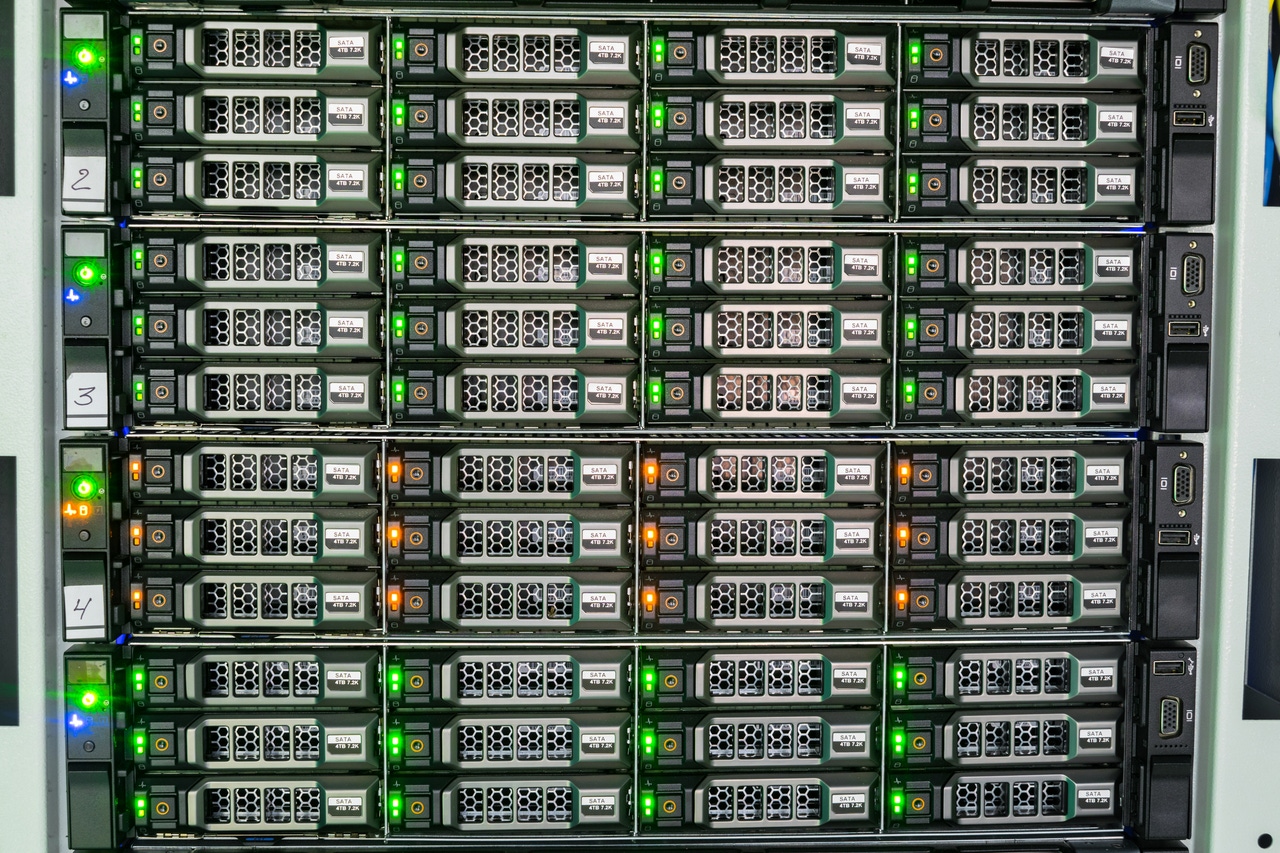N. Virginia’s Prince William County Approves Data Center Tax Hike
Loudoun’s neighbor sees its own growing data center industry as an opportunity to shore up tax base.
April 29, 2020

After several failed attempts, commissioners of Prince William County in northern Virginia voted on April 28 to increase the tax rate on computer equipment – primarily affecting equipment used in data centers – from $1.25 to $1.35 per $100 of assessed value.
The vote came after county leaders shelved a previously planned real-estate tax hike – reportedly because they didn’t want to put extra burden on tax payers facing the economic fallout of the COVID-19 pandemic.
Prince William neighbors Loudoun County, which is home to the world’s largest concentration of data centers. But suitable parcels of land for data center construction in Loudoun have become scarce and expensive, so developers have been increasingly turning to locations that aren’t in Loudoun but close enough to the market’s epicenter.
Prince William officials have long sought to increase county revenue by raising the tax on data centers. Until this week, however, those efforts have been successfully blocked by local business and tech players, according to Washington Business Journal.
“Data centers are a vital part of our 21st century tech economy, and can locate anywhere in the country and still serve Prince William residents,” Barbara Comstock, advisor to NetChoice, a Washington, DC-based tech industry trade association, said, commenting on the newly approved tax hike.
“States and counties all over the country compete vigorously to attract data centers. So it is absolutely critical to have a tax and business climate that companies can rely on when they decide to make a massive financial investment in a large data center. Data center companies who have considered locating in the county will undoubtedly think about this tax increase as they decide on new sites and expansions of their facilities.”
But data center construction has been booming in Loudoun, which charges $4.20 for an equivalent tax, in recent years. Granted, there are other powerful drivers that make Loudoun attractive, the main one being the existing critical mass of data centers and networks to interconnect with.
“It goes back to a board decision in 1999,” explained Tom Flynn, director of business development for Prince William County. “At the time, AOL was looking to establish a second center – what we now call a data center.” Prince William decided to establish a new tax rate on business personal equipment inside data centers as part of making itself attractive to AOL, he said. Loudoun County also housed the MAE-East internet exchange point, he added. Otherwise, the two counties share the same labor pool and have about the same electricity costs, he said.
The new increase wasn’t intended to target data centers specifically but was part of an overall study of taxes and tax rates in an attempt to capture additional revenue, said Christina Winn, executive director of economic development for Prince William.
Similar tax increases were proposed in previous years, but the board voted them down. In 2018, then board chair Corey Stewart proposed an increase to $2.50, which resulted in a lot of opposition from business, Flynn said. Stewart also proposed an increase in 2019 that was also voted down.
This year’s smaller increase did not get nearly as much industry opposition, Winn said, though she acknowledged that the focus on the coronavirus pandemic may have contributed. “What the industry wants is stability and prediction so they’re able to plan,” she said, noting that people protesting the tax increase didn’t attend public meetings on the budget.
Data centers are already a major part of the county’s economic base, comprising 41 projects, $9 billion in capital investment, and 1,200 jobs, Winn said.
Read more about:
North AmericaAbout the Author
You May Also Like
.jpg?width=300&auto=webp&quality=80&disable=upscale)



.jpg?width=300&auto=webp&quality=80&disable=upscale)


